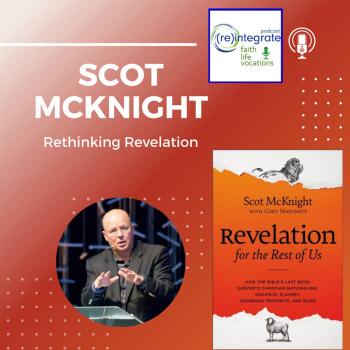 Christopher Wright, in addressing the Lausanne Committee, wrote,
Christopher Wright, in addressing the Lausanne Committee, wrote,
“Holistic mission includes the whole of what God calls and sends us to do. Evangelism without social action is not holistic mission. Likewise, social action without evangelism cannot be holistic mission either.”
Wright is an Anglican clergyman, and his view is in keeping with The Anglican Communion, which has identified what they call “The Five Marks of Mission,”
- To proclaim the Good News of the Kingdom
- To teach, baptise and nurture new believers
- To respond to human need by loving service
- To seek to transform unjust structures of society, to challenge violence of every kind and to pursue peace and reconciliation
- To strive to safeguard the integrity of creation and sustain and renew the life of the earth.
In 2010, the Third Lausanne Congress on World Evangelization convened, and the result was “The Cape Town Commitment: A Confession of Faith and a Call to Action,” in which there was a commitment to “the integral and dynamic exercise of all dimensions of mission” which is summed up with two bullet points:
- “God commands us to make known to all nations the truth of God’s revelation and the gospel of God’s saving grace through Jesus Christ, calling all people to repentance, faith, baptism and obedient discipleship.
- “God commands us to reflect his own character through compassionate care for the needy, and to demonstrate the values and the power of the kingdom of God in striving for justice and peace and in caring for God’s creation.”
This is from the Luassane Committee on World Evangelism – founded by Billy Graham and John Stott. And yet, much of the American evangelical church remains suspicious of that second bullet point!
We see words like “justice,” “peace,” and “caring for God’s creation,” and we think (at worst) “liberal” or (at best) “not very important.” We still think it has to be either/or when the gospel is both/and!
Image by Tony Hall. Used with permission. Sourced via Flickr.













